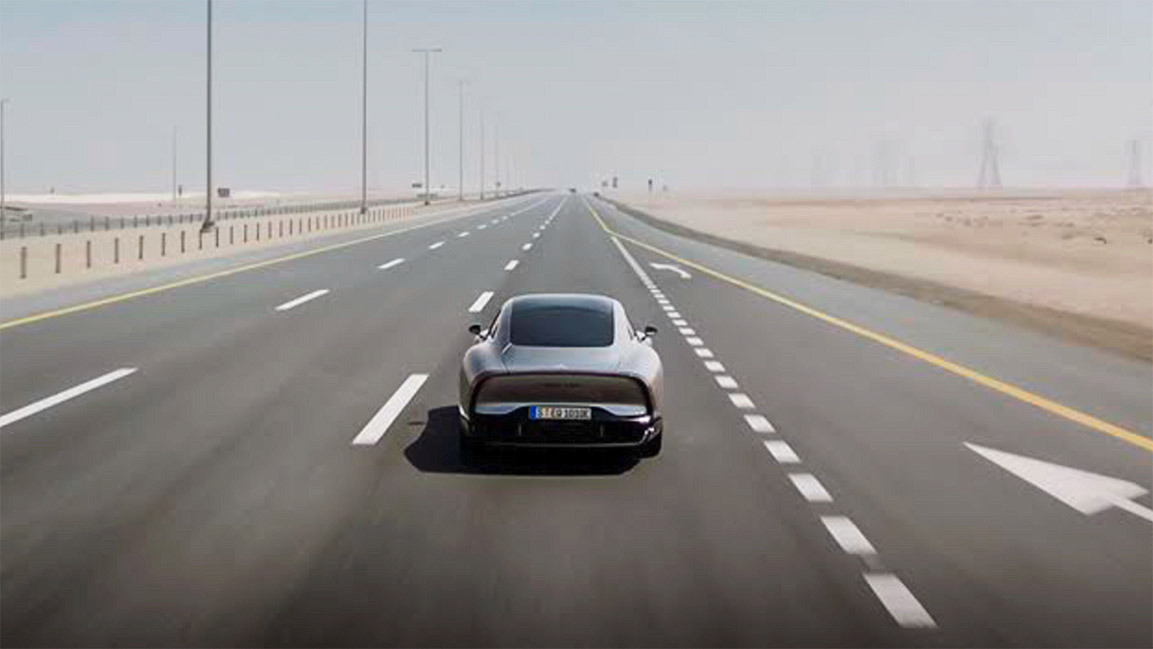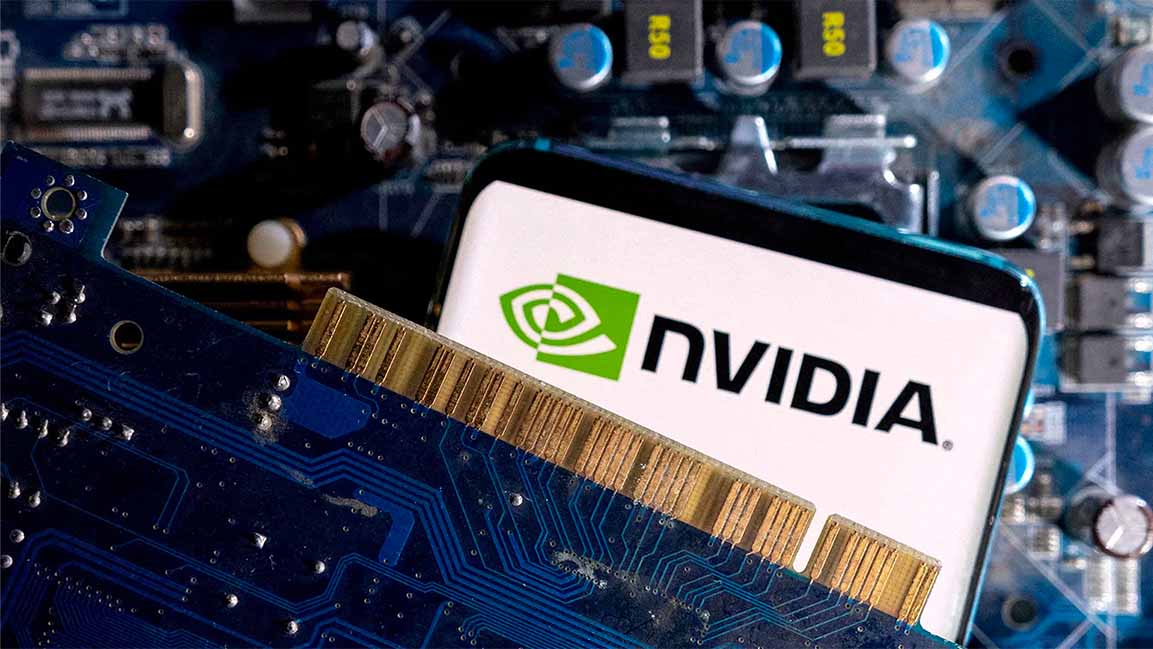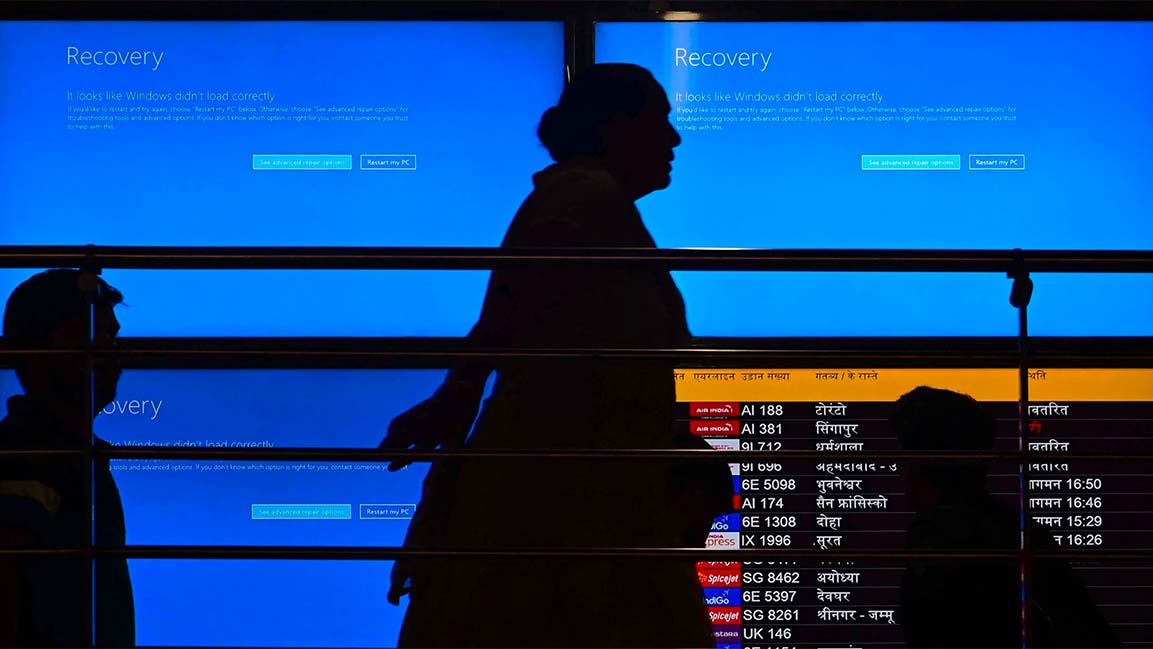- | 10:00 am
Will electric mobility transform the Middle East?
If innovation drives progress, will electric mobility revolutionize transportation?

Recently, Mercedes-Benz’s Vision EQXX completed a long-distance road trip on open roads spanning over 1,000km on a single charge in the Middle East, proving that electric mobility is underway. But what makes these ultra-long-range EVs tick? It’s all about pushing the boundaries of efficiency.
In a conversation with Markus Schäfer, Member of the Board of Management of Mercedes-Benz Group AG and Chief Technology Officer for Development & Procurement, he discusses electric mobility, sustainable travel, and the future of automotive innovation.
THE ULTRA-LONG-RANGE EV
For Schäfer, the Vision EQXX represents a significant leap forward in two key areas: it establishes new benchmarks for energy efficiency and range in real-life traffic scenarios while revolutionizing the development of electric cars.
The Mercedes-Benz electric vehicle features a minimalist design with improved aerodynamics for extended range. Its electric drivetrain, developed in collaboration with a global R&D team and the HPP Brixworth team, offers a 95% energy transfer efficiency from battery to wheels.
In connectivity and digitalization, the Vision EQXX features an efficiency assistant that enhances driver awareness. This assistant provides insights into external conditions, such as wind direction and sunlight intensity, often unnoticed by the driver.
The system proactively anticipates upcoming conditions by utilizing external data, advising drivers to adjust their driving approach accordingly. Drawing inspiration from Formula E insights, the driver receives intuitive acoustic and haptic feedback via the steering wheel. Additionally, visual cues enhance the driving experience by providing guidance on optimal speed and efficiency trade-offs.
SUSTAINABLE ENGINEERING
Schäfer highlights a recent milestone for Vision EQXX: Its third long-distance trip from Riyadh to Dubai on March 8. During this journey, the Vision EQXX achieved an energy efficiency of 7.4 kWh/100km, covering 1,010 kilometers in the Middle East across diverse conditions.
Schäfer notes that to prioritize efficiency and sustainability, the company has scrutinized all materials. The Vision EQXX was a perfect platform for collaboration with innovative startups, facilitating a comprehensive exploration of advanced technologies. Aligned with sustainable practices, the vehicle emphasizes using eco-friendly materials to minimize weight and resource consumption.
For example, the bodyshell integrates UBQ Material, a bio-plastic from landfill waste. Inside, the interior features bamboo carpets, cacti fiber upholstery, and alternatives to traditional leather like Mylo—a lab-grown bio-material from mushroom roots. These sustainable materials highlight the potential for replacing petroleum-based and leather products, promoting a more environmentally conscious approach.
THE VISION
Schäfer emphasizes that Mercedes-Benz is fully committed to digitalization and electrification, aligning with industry trends. He states, “We will continue to focus on to build the world’s most desirable cars.”
The company is developing new fully electric vehicle platforms, with the electric CLA among them. The Mercedes-Benz Concept CLA Class offers a preview of a new electric vehicle lineup on the Mercedes-Modular-Architecture platform. Derived from the Vision EQXX technology program, the Concept CLA is a hypermiler symbolizing the one-liter car of the electric age. It boasts a WLTP range exceeding 750 kilometers (466 miles) and an energy consumption of just 12 kWh/100 km.
Additionally, Mercedes-Benz has inaugurated stores in Dubai and Riyadh. When asked if these markets will transition to being 100% electric by 2030, Schäfer says it’s unlikely. “But it is reassuring for them to know that well into the 2030s, we have the capability and flexibility to meet all customer needs.”
Mercedes-Benz is making significant investments in next-generation electric vehicles. These investments extend to substantial funding for CO2 reduction across the entire business system, including the supply chain, operations, product development, and product usage. Also, the company prioritizes closing the loop at the end of the battery lifecycle, expanding battery production, and establishing a battery recycling facility.
“Sustainability and climate protection are fundamental pillars of our business strategy,” Schäfer adds.








































